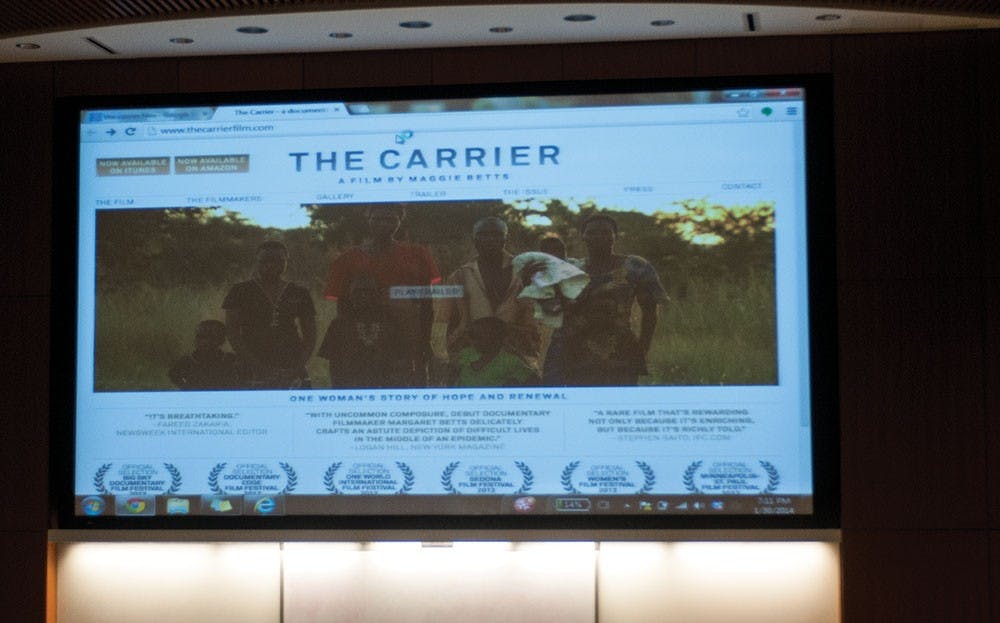More than 35 million people in the world are living with HIV, including 1.1 million in the United States and 23.8 million in Africa.
Several student groups at the University aim to combat HIV and AIDS, seeking to raise awareness both in Charlottesville and in the larger national and global community.
Keanan McGonigle, a fourth-year College student and President of FACE AIDS, said his organization works to personalize the disease by associating it with a person.
“Once you see a problem and associate a face with it, you figure out what you can do about it,” McGonigle said.
FACE AIDS hosts several events throughout the year to raise money and awareness. They sponsor several events for World AIDS week in December, including a speaker panel, trivia night and a condom distribution. All of the organization’s fundraising efforts, including Pins for Pastries, raise money for Partners in Health, an organization that builds health clinics in African communities.
“There’s a whole community of people who are really empowered to make a change and make a difference,” McGonigle said. “This terrible epidemic is needlessly killing people and people just don’t know about it.”
University chapters of the Peace Corps and Center for Global Health join FACE AIDS in planning events to raise awareness about HIV and AIDS. The groups joined together to host a viewing of “The Carrier,” a documentary about an HIV-positive Zambian woman trying to prevent her unborn baby from contracting the disease.
“Seeing HIV’s effect on a person in Zambia is much more powerful,” Usnish Majumdar, second-year College student and member of the Center for Global Health said. “This disease has a crippling effect on people.”
Erin Wispelwey, a Peace Corps volunteer, shared her experience with students after the screening of the documentary. Wispelwey worked in a care group in Zambia that visited HIV patients and currently works in the HIV clinic at the University hospital.
“I came back to the States and realized there’s not a lot of awareness,” Wispelwey said. “We still view [HIV and AIDS] as something ‘other’ people have … HIV affects all of us.”







